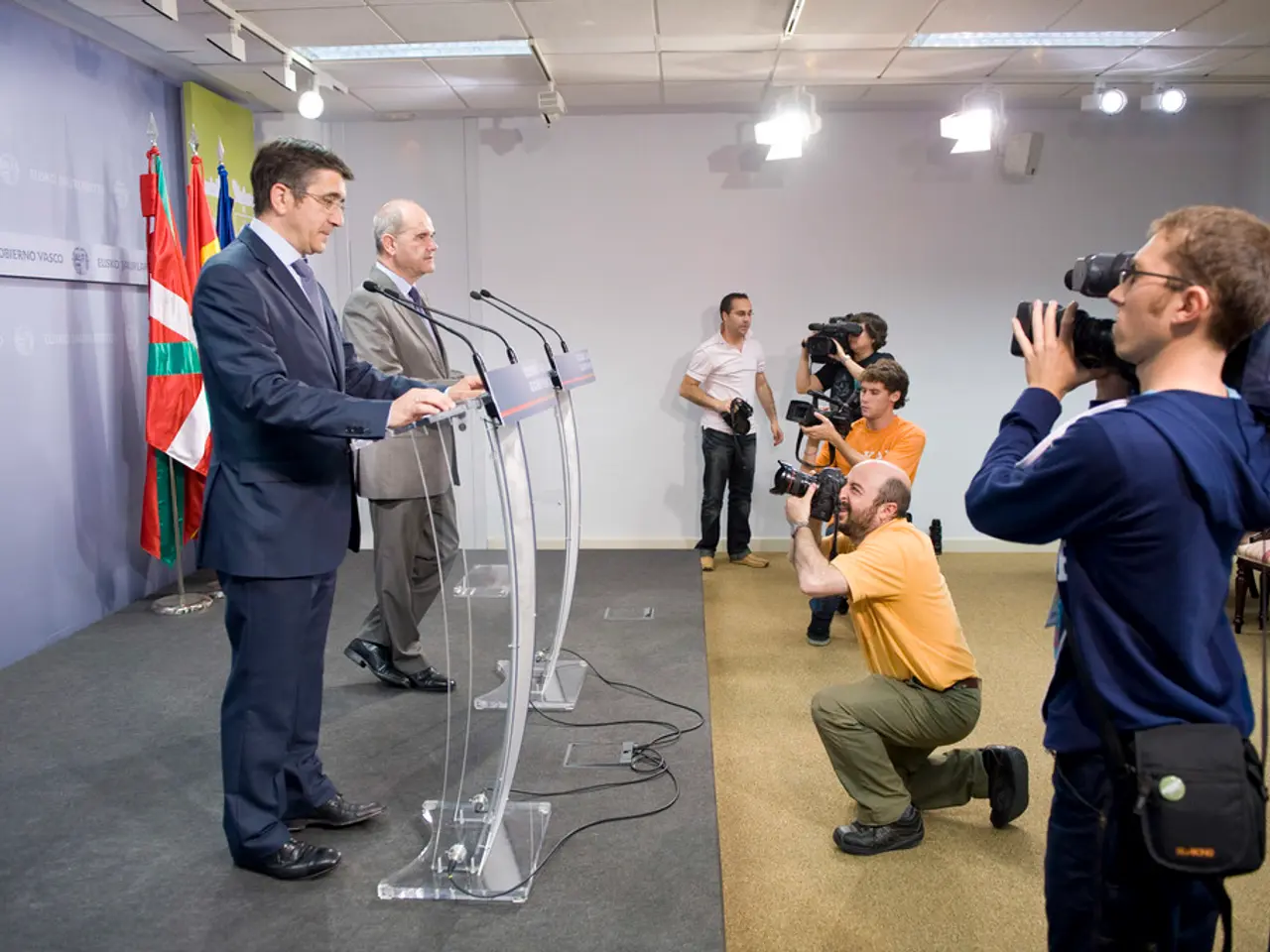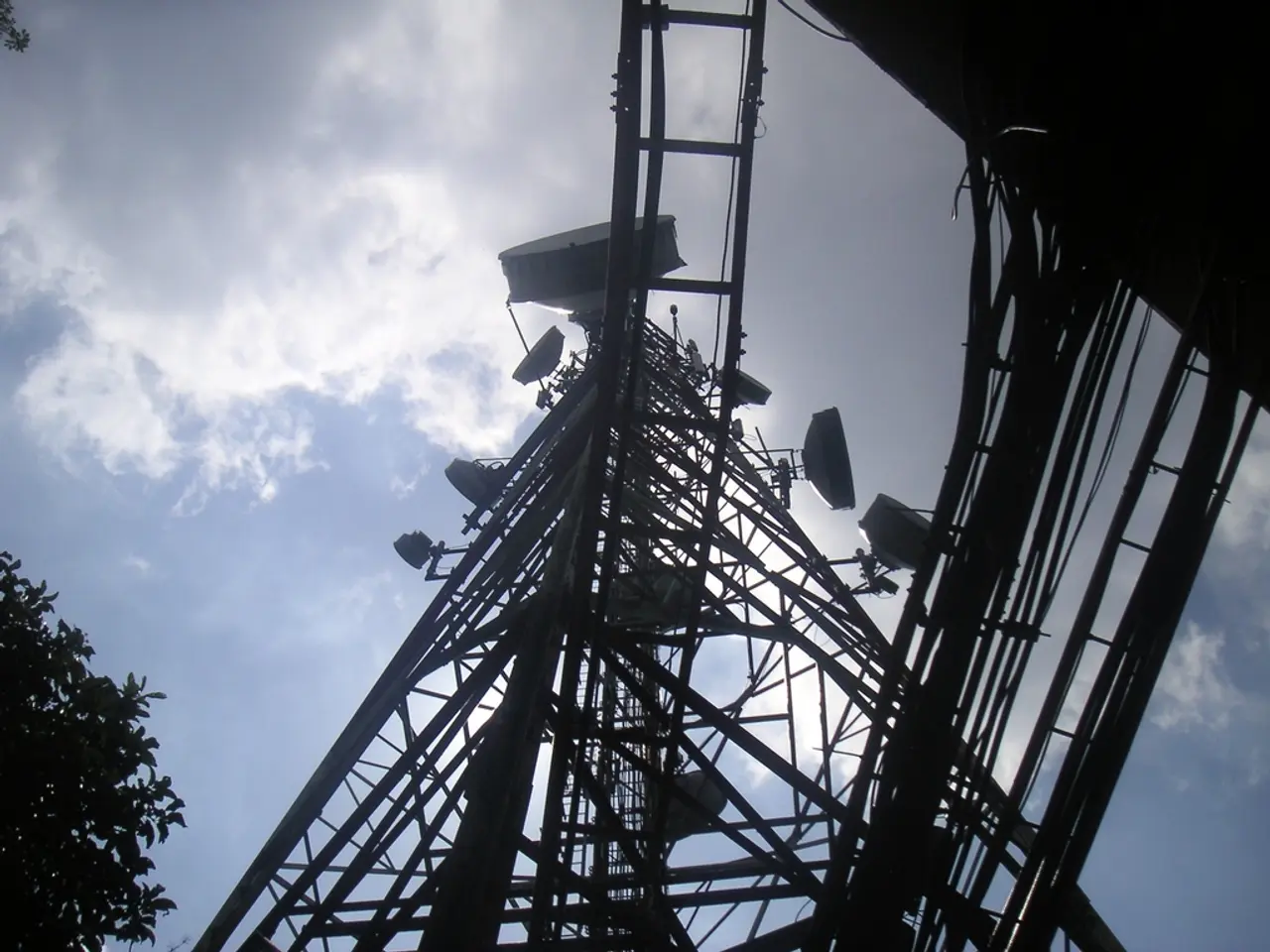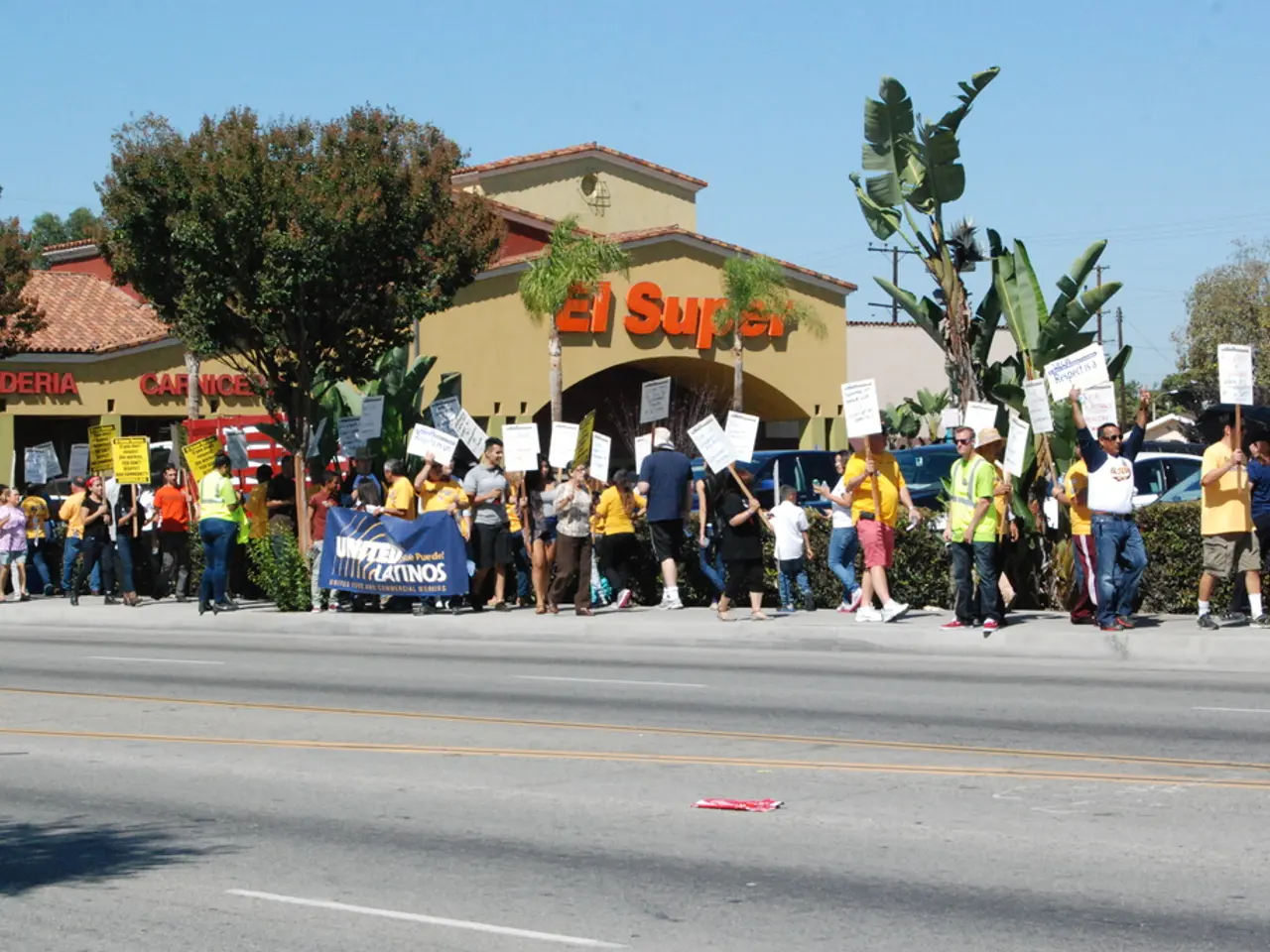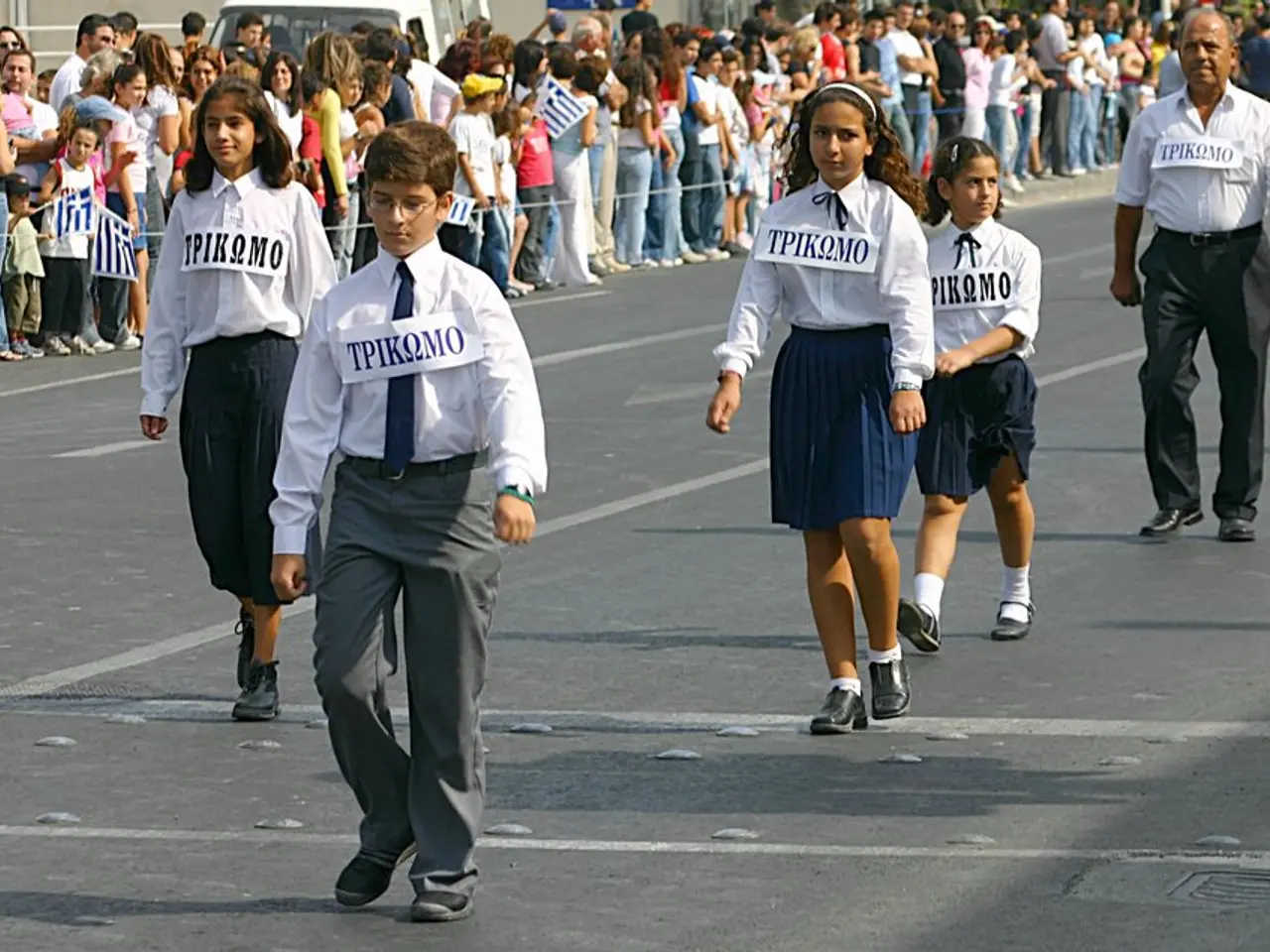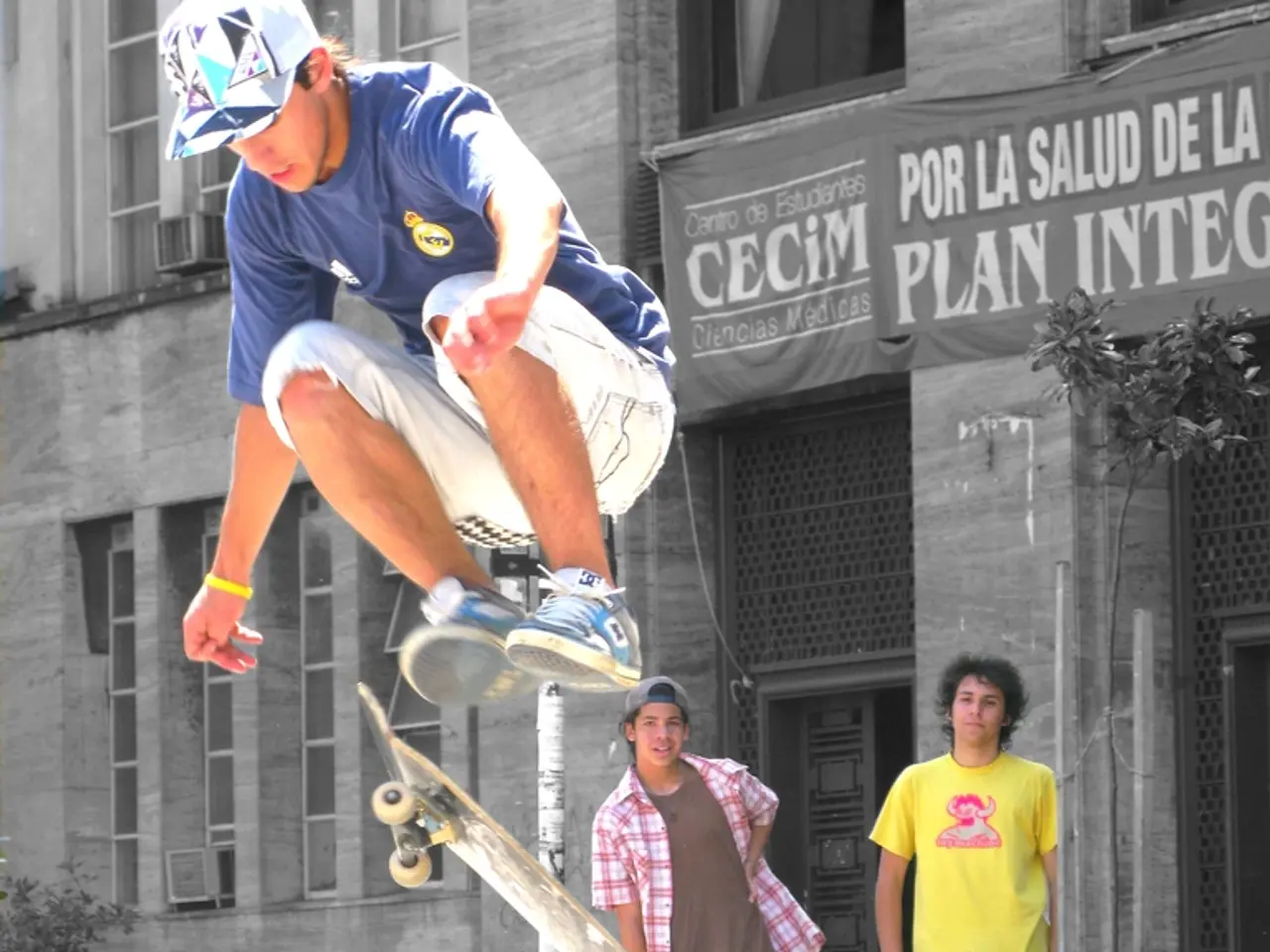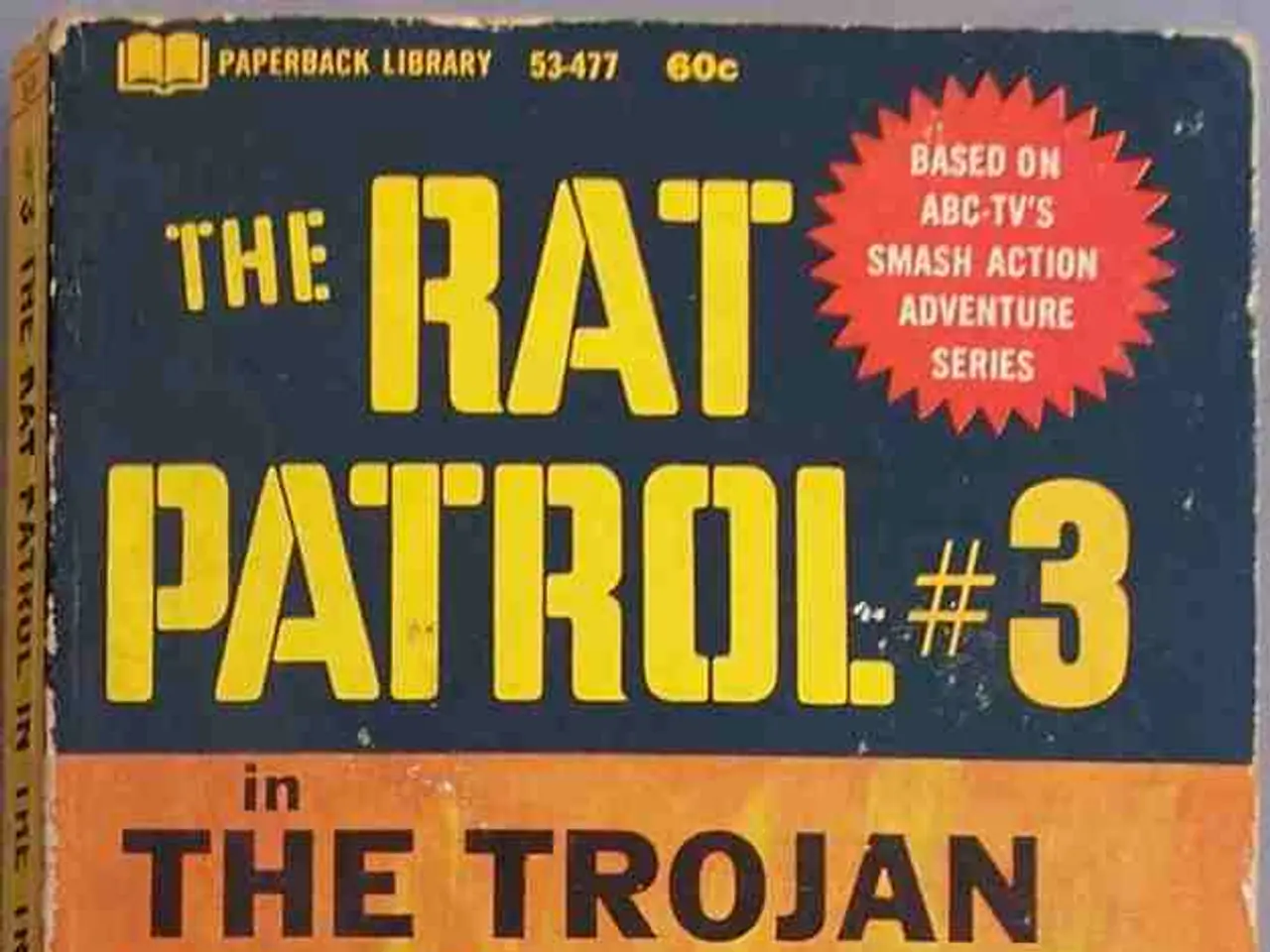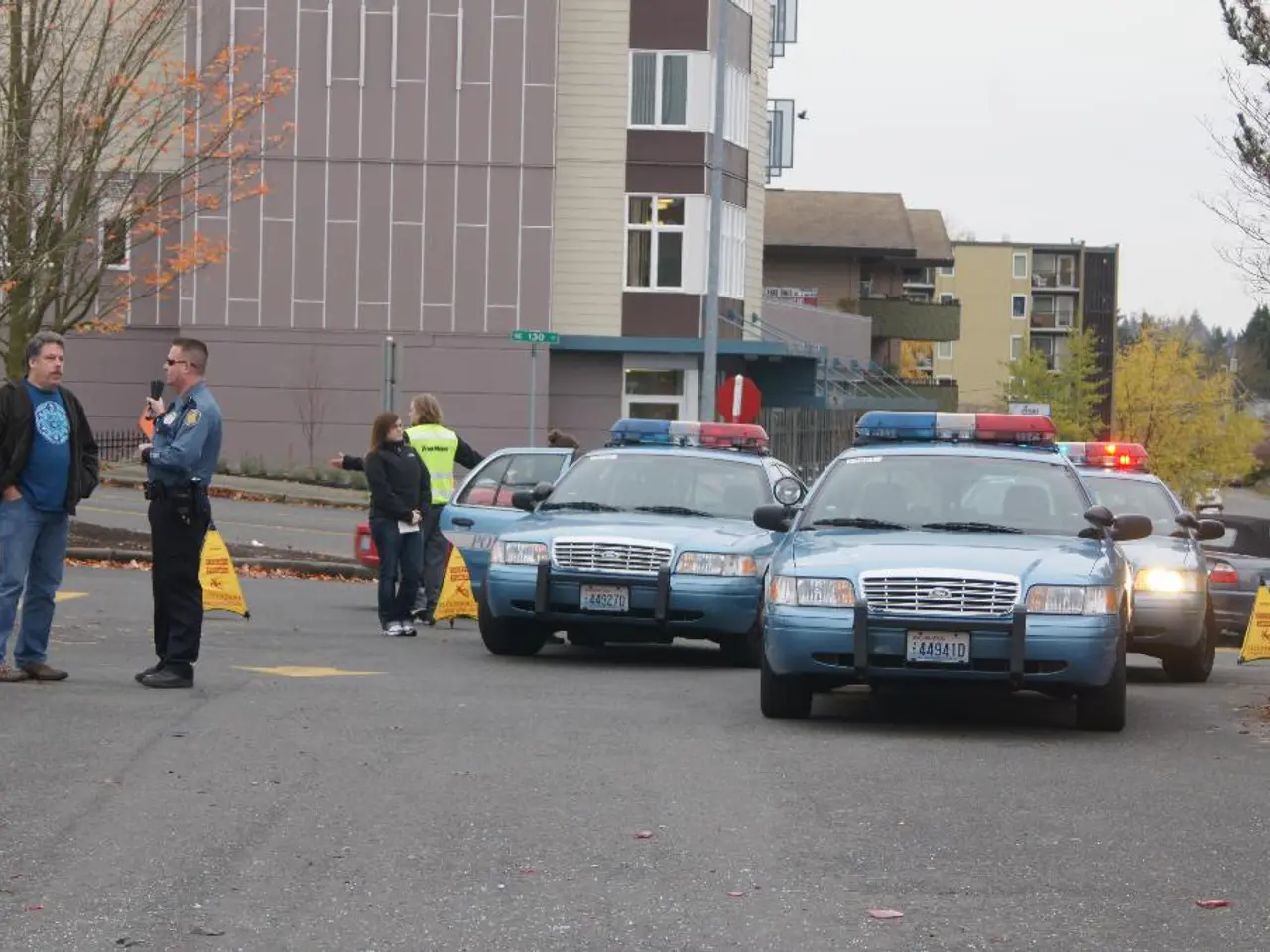United Left Factions Need Coordinated Action to Prevent Being Sideline Observers
Fractured Prospects: France's 2027 Left-Wing Election Landscape
The French left's landscape in the 2027 Presidential election is looking complex and disjointed, mirroring the ongoing strife within left-wing parties and their broader political climate as of mid-2025.
Principal Actors and Internal Feuds
At this stage, France's left consists primarily of the divided Socialist Party (PS), the radically-leaning France Unbowed (LFI), and several smaller left-wing groups. These factions have been entangled in heated conflicts, particularly over hot-button topics such as antisemitism and censorship[1].
The PS, though wounded, remains divided on their election strategy, specifically concerning collaborating with other leftist forces. The party's leader, Olivier Faure, triumphed in his reelection bid amidst these quarrels, highlighting the deep-rooted tensions regarding unity and cooperation[4].
The LFI, meanwhile, has carved out its niche - often at odds not just with the right, but also centrists and socialists. Some centrist and right-wing groups refuse to align with LFI due to its "excesses," posing a significant challenge for a comprehensive leftist coalition[1].
Potential Coalition Scenarios
- United Front for the Left By joining forces similar to past pan-left coalitions, the Socialists, LFI, and minor left parties could potentially consolidate the left's vote and challenge the center-right and far-right effectively. However, ideological discrepancies and mutual suspicion threaten the longevity of such an alliance. The PS has historically struggled in elections when running solo, but is reluctant to embrace LFI's radical ideas[4][1].
- Moderate Socialist-led Coalition The Socialists might opt for a coalition that excludes LFI, aligning instead with moderate left and center parties. This approach could cater to centrist voters, positioning itself as a more "mainstream" alternative for both the left's extremists and the far-right. However, this strategy risks diluting the left's vote, potentially favoring the far-right or center-right, and may fail to rally the leftist base[1].
- New Political Movements and Shifts With the debut of Dominique de Villepin's new humanist political party, he seeks to offer an alternative free from the extremes of both LFI and the far-right National Rally (RN). This party could potentially charm left-leaning voters dissatisfied with the existing fragmentation[3].
This new player may impact the alliance dynamics by either joining with the left-wing alliances or forming its own bloc that could partner with more centrist factions.
Threats from Beyond the Left
- Beyond the left, both the centrist and right-wing coalitions, encompassing President Emmanuel Macron's supporters and Les Républicains (LR), are refocusing their strategies for 2027. With Macron ineligible for a third term and LR experiencing a resurgence under fresh leadership, these groups are united in their opposition to an LFI-inclusive alliance, making left-wing coalition-building more challenging[1][2].
In Conclusion
The French left confronts a fractious political landscape in the lead-up to the 2027 election, with potential alliances comprising:
- A pan-left union comprising the LFI and the Socialists, challenged by internal squabbles and external opposition.
- A moderate Socialist-led coalition barring LFI, aiming to appeal to centrist and left-leaning voters alike.
- Emerging new political forces like Dominique de Villepin's humanist party, which could reshape traditional alliances and partnerships.
The success of any of these alliances hinges on resolving internal ideological conflicts and navigating a political climate marked by uncertainty, a revitalized right, and potential obstacles for key figures like Macron and Marine Le Pen[1][3][4].
- The ongoing conflicts within left-wing parties in France, such as the divided Socialist Party (PS) and the France Unbowed (LFI), are associated with disagreements over hot-button topics like antisemitism and censorship, which are crucial in the policy-and-legislation sphere.
- The strategy of the French left-wing parties for the 2027 Presidential election, particularly the PS and LFI, heavily influences the dynamics of politics, as they consider various coalition scenarios, including the United Front for the Left and a Moderate Socialist-led Coalition, in their bid to challenge other political blocs and secure victory.
